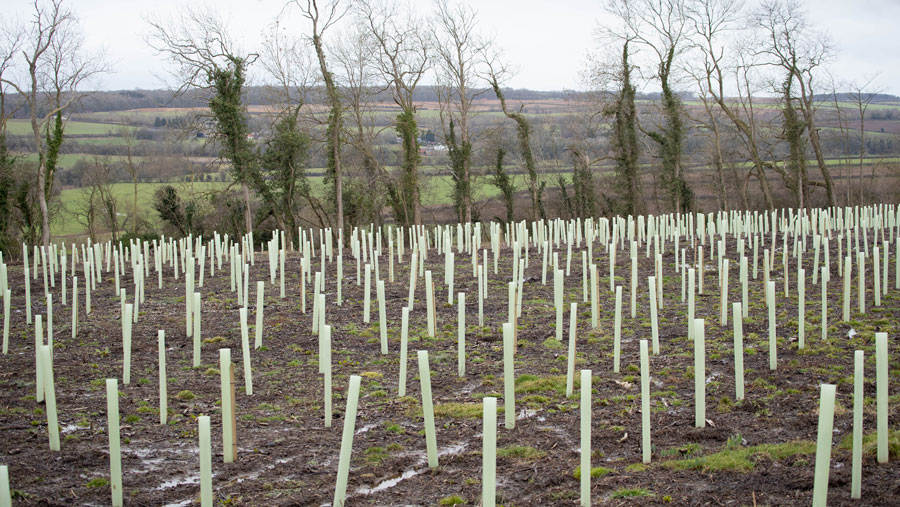Green groups’ report puts pressure on Defra and ELM
 © Tim Scrivener
© Tim Scrivener A group of farmers and environmental organisations have formed a consensus for governments on a way forward for farming in the UK.
It encourages government to show leadership to tackle the climate, nature and health crisis by transforming our food systems, while giving farmers a fair market return for the food they produce and rewarding them for the public goods they deliver.
The coalition includes the National Trust, The Wildlife Trusts, the Soil Association, and many key farming groups such as the Nature Friendly Farming Network (NFFN) UK, Pasture for Life and the Rare Breeds Survival Trust.
See also: Lucy Nott: We’re optimistic about Sustainable Farming Incentive
The declaration [PDF] was formed in the margins of the Oxford Farming Conference and the Oxford Real Farming Conference earlier this month in recognition of the huge pressures farm businesses currently face.
It recognises that fixing the food and farming system is a global challenge in which the four nations of the UK all have a vital role to play.
The declaration rests on three principles and a shared understanding that:
- A healthy natural environment underpins food security
- Farming does not just produce food to eat but is central to the efforts to tackle the nature, climate and health crisis
- Diversity in nature, farming systems, communities and in-farm animals and crops will support resilience and innovation to tackle climate change and economic challenges.
The “prize” for this transformation is healthier people, resilient farming livelihoods, prosperous rural communities, thriving wildlife and a stable climate, the coalition says.
But failure to act “will leave us and the planet less healthy, and less able to feed everyone well”.
‘No quick fix’
Martin Lines, a Cambridgeshire arable farmer and NFFN chairman, said there was “no quick fix” to the UK’s broken food and farming system.
But the country must start producing food in a way that “regenerates our ecosystems, sustains rural livelihoods and brings multiple economic benefits”.
The declaration was published ahead of what could be a critical week for future farming policy, with Defra expected to deliver more details about its Environmental Land Management scheme for England in the coming days.
Farmers Weekly understands this could include new information about updated payment rates for the Sustainable Farming Incentive and new standards available under the scheme.
Prioritise peatland and woodland to achieve net-zero farming, says think tank
Paying farmers to plant trees and restore peatlands offers a cheaper route to net zero than a reliance on expensive technology, according to a new study from the Green Alliance.
Published by the charity and independent think tank, the Shaping UK land use report [PDF] concludes that the UK can achieve its net-zero targets for land use by supporting farmers and land managers to create natural “carbon sinks”.
This would see about 10% of the least productive farmland being managed for carbon and nature, such as wetlands, woodlands and extensively grazed grasslands by 2030, rising to one-third by 2050.
Meanwhile, farming with agroecological methods could increase from 3% of farmland today to about 60% of the land farmed in 2050.
But if ministers fail to build and restore these natural carbon sinks, the UK will be forced to import large quantities of biomass, such as wood pellets, to generate negative emissions from bioenergy with carbon capture and storage.
According to the report, this would be high risk and expensive, adding £100bn to the cost of the taxpayer and delivering net zero by 2050.
